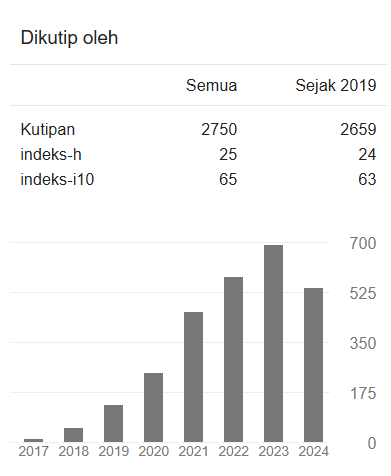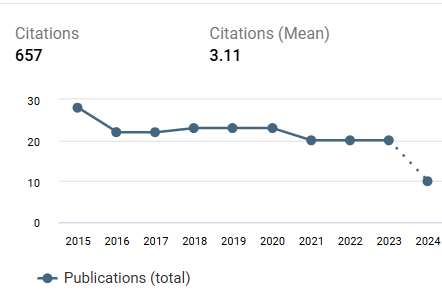Peningkatkan Kemampuan Berpikir Kritis Pada Pokok Bahasan Ekosistem di SMA Negeri I Sumberpucung
DOI:
https://doi.org/10.22219/jinop.v3i1.3967Keywords:
Kemampuan berpikir kritis, Ekosisitem, SMAAbstract
Pembelajaran biologi belum memperhatikan bagaimana peserta didik berpikir kritis. Tujuan implementasi Lesson study ini, yaitu mendekripsikan kemampuan berpikir kritis pada matapelajaran Biologi dengan pokok bahasan ekosisitem kelas X di SMAN I Sumberpucung. Metode yang dilakukan dengan menggunakan penelitian kualitatif, untuk memecahkan masalah yang berkaitan dengan pembelajaran yang berbasis Lesson study Pelaksanaan pembelajaran berbasis LS dilakukan 3 siklus, (tahpan LS: plan, do, see), plan merupakan perancangan perencanaan pembelajaran, do merupakan pelaksanaan pembelajaran, see merupakan refleksi pelaksanaan pembelajaran berbasis LS. Kemampuan berpikir kritis yang diamati dengan parameter menentukan komponen abiotik dan biotic, membuat rantai makanan, membuat jarring-jaring makanan, membuat piramida makanan. Data kemmapuan berpikir kritis dianalisis secara desktiptif kuantitatif. Hasil menunjukkan pada saat do dilakukan pengamatan kemampuan berpikir kritis siswa setelah pembelajaran berbasis LS dengan data rata-rata kemampuan berpikir kritis siswa pada matapelajaran biologi pada siklus I 72,5; siklus II 77,13 dan siklus III 78,5. Peningkatan dari siklus I ke siklus II 4,63; siklus II ke siklus III 1,37.
Downloads
Downloads
Published
How to Cite
Issue
Section
License
Copyright Notice
Authors who publish with JINoP (Jurnal Inoasi Pembelajaran) agree to the following terms:
- For all articles published in the JINoP (Jurnal Inovasi Pembelajaran), copyright is retained by the authors. Authors give permission to the publisher to announce the work with conditions. When the manuscript is accepted for publication, the authors agree to the automatic transfer of the publishing right to the publisher.
- Authors retain copyright and grant the journal the right of first publication with the work simultaneously licensed under a Creative Commons Attribution 4.0 International License. that allows others to share the work with an acknowledgment of the work's authorship and initial publication in this journal.
- Authors are able to enter into separate, additional contractual arrangements for the non-exclusive distribution of the journal's published version of the work (e.g., post it to an institutional repository or publish it in a book), with an acknowledgment of its initial publication in this journal.
- Authors are permitted and encouraged to post their work online (e.g., in institutional repositories or on their website) prior to and during the submission process, as it can lead to productive exchanges, as well as earlier and greater citation of published work (See The Effect of Open Access).








